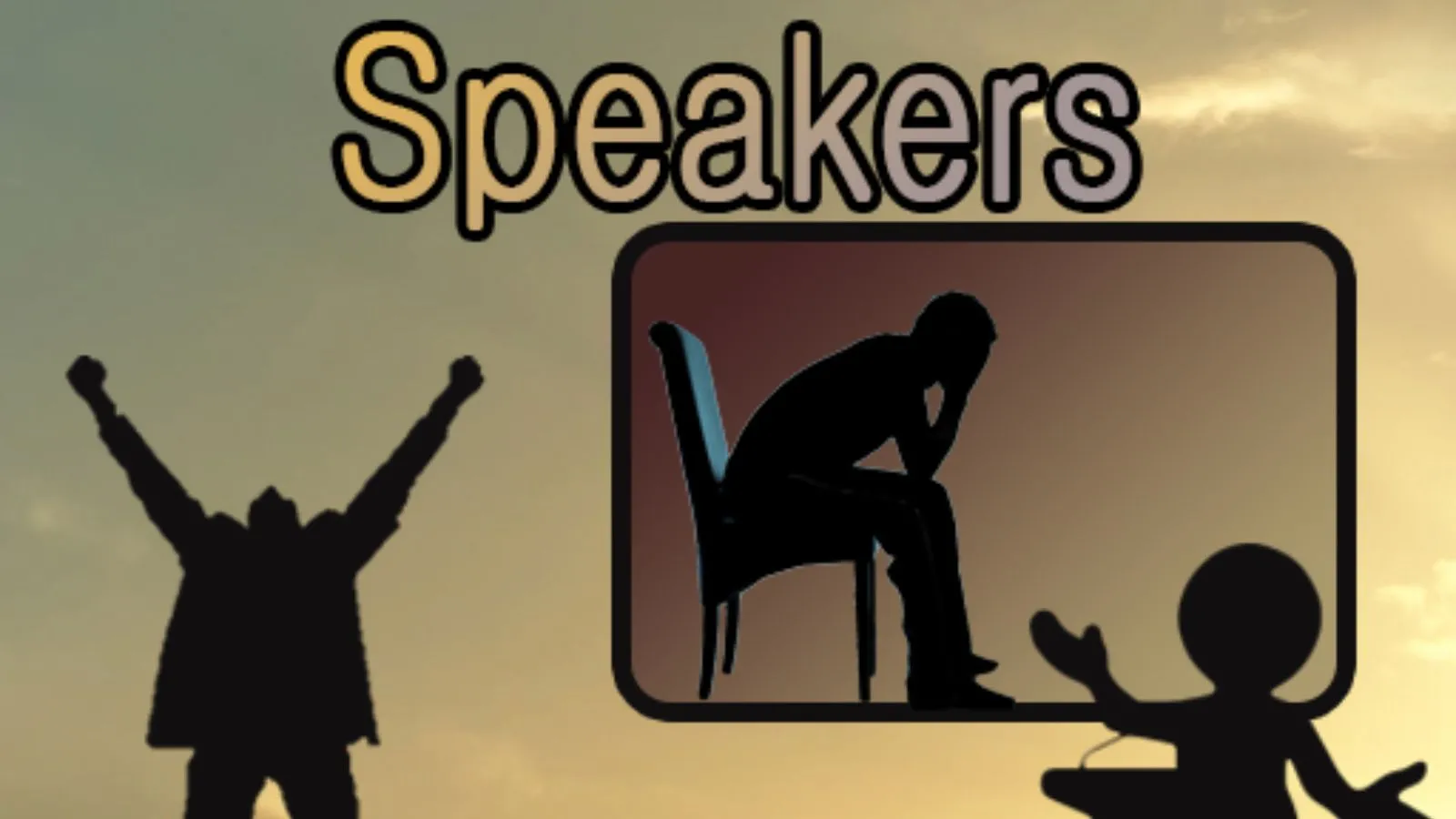In today’s fast-paced world, people constantly look for educational motivational speakers who can inspire students, teachers, and professionals to reach their full potential. Many individuals search for this keyword because they want guidance, motivation, or expert advice on how to bring positive change into classrooms and workplaces. However, there’s often confusion about what makes an educational motivational speaker unique and how they differ from general motivational speakers.
These speakers combine education and inspiration, helping audiences learn life lessons while boosting confidence and focus. Whether it’s school events, college seminars, or corporate learning sessions, these professionals use real-life experiences and powerful messages to help others grow both personally and academically.
Educational Motivational Speakers: Inspiring Minds, Transforming Futures

Educational motivational speakers are essential for changing students’ perspectives, boosting teachers’ energy, and promoting institutional development in the fast-paced academic environment of today. By bridging the knowledge and inspiration gap, these speakers assist students in overcoming obstacles and realising their greatest potential. Their influence is both immediate and enduring, regardless of whether they are speaking at university seminars or high school assemblies.
What Are Educational Motivational Speakers?

In essence, professionals who give compelling, goal-driven speeches in academic contexts are known as educational motivational speakers. Through their presentations, they share inspirational ideas, useful tactics, and personal stories. As a result, they aim to motivate educators, administrators, and students alike.
Key Audiences:
👨👩👧 Parents and guardians
🎓 Students (primary to postgraduate)
👩🏫 Teachers and faculty
🏫 School administrators
Educational Motivational Speakers – Quick Answer
Educational motivational speakers are professionals who use education-based content and motivational strategies to inspire learning, discipline, and growth. For example, a speaker may discuss “how to stay focused during studies” or “how education can change your career path.”
They mix teaching with motivation—encouraging students, teachers, and lifelong learners to believe in their potential and act on it.
The Origin of Educational Motivational Speakers
The concept of motivational speaking dates back to ancient Greece, where philosophers like Aristotle and Socrates inspired people through public discourse. Over time, education and motivation merged, giving rise to educational motivational speakers—experts who teach while inspiring.
To begin with, the word “motivation” comes from the Latin motīvus, meaning “to move.” In the context of education, this movement refers to pushing students or listeners toward learning and achievement. Over time, the term gained popularity in the 20th century with the rise of self-help and personal development seminars.
British English vs American English Spelling
Although the spelling of educational motivational speakers is identical in both British and American English, minor language style differences exist. British English prefers formal phrasing, while American English tends to be more direct and emotional.
| Element | British English Example | American English Example |
|---|---|---|
| Tone | “Education inspires the youth towards greatness.” | “Education motivates young people to achieve greatness.” |
| Spelling | “Organisation,” “behaviour,” “favour.” | “Organization,” “behavior,” “favor.” |
| Vocabulary | “Lecture” or “session.” | “Talk” or “presentation.” |
These variations help speakers tailor their language to different audiences for maximum impact.
Which Spelling Should You Use?
If your audience is in the United States, use the American spelling style. For the United Kingdom, Canada, or Australia, the British form fits better.
However, if your audience is global—such as for an online event or blog—mixing both styles in neutral English ensures clarity and inclusiveness. The goal is to connect, not confuse, so always consider who you’re addressing before choosing your version.
Common Mistakes with Educational Motivational Speakers
Even though the phrase seems simple, people often make small but important mistakes:
| Mistake | Correction | Explanation |
|---|---|---|
| Education motivational speaker | Educational motivational speaker | The adjective should describe the type of motivation, not the act of education. |
| Motivating education speaker | Educational motivational speaker | Wrong word order changes the meaning. |
| Educative speaker | Educational motivational speaker | “Educative” is uncommon in modern English. |
These small corrections help your writing sound more natural and professional.
Educational Motivational Speakers in Everyday Examples
You can find this term used across different platforms:
- Emails: “We’ve invited an educational motivational speaker for the annual student conference.”
- News Headlines: “Edu motivational speakers inspire youth across Pakistan.”
- Social Media: “Today’s session with an educational motivational speaker changed how I view success!”
- Formal Writing: “Institutions benefit from inviting edu motivational speakers to encourage continuous learning.”
These examples show how the phrase works smoothly in professional and casual settings alike.
Educational Motivational Speakers – Google Trends & Usage Data
According to Google Trends, searches for educational motivational speakers have grown steadily, especially in India, the United States, Pakistan, and the UK. The term is often used during the start of academic years or near graduation events.
| Country | Interest Level | Common Context |
|---|---|---|
| United States | High | School events, corporate training |
| India | Very High | Student seminars, youth motivation |
| Pakistan | High | Educational awareness programs |
| United Kingdom | Moderate | College workshops |
| Australia | Moderate | Educational leadership |
This shows a global interest in learning combined with inspiration, particularly among young audiences.
FAQs about Educational Motivational Speakers
1. What do educational motivational speakers do?
They deliver talks that combine learning and motivation to inspire positive action in students, teachers, and professionals.
2. Who are the best educational motivational speakers?
Popular names include Tony Robbins, Eric Thomas, and Mel Robbins—each known for educational inspiration.
3. How can I become an educational motivational speaker?
Start by mastering your subject, building communication skills, and speaking at local schools or events.
4. Are educational motivational speakers expensive to hire?
Fees vary. Some charge per session ($500–$5000), while others may volunteer for educational causes.
5. What topics do they cover?
Common topics include personal growth, study skills, goal setting, and self-confidence.
6. How are they different from general motivational speakers?
They focus on learning and education-based messages rather than general life motivation.
7. Do online educational motivational speakers exist?
Yes, many professionals conduct webinars, online classes, and YouTube talks to reach global audiences.
Conclusion
In short, educational motivational speakers play a vital role in shaping minds and building confidence through learning and inspiration. They not only motivate but also educate, making them powerful guides in schools, universities, and corporate environments.
Whether you’re hosting a student seminar or a professional training session, inviting an educational motivational speaker can transform the way people think and act. As education evolves, so does the need for voices that spark curiosity, resilience, and lifelong learning.


Leave a Reply